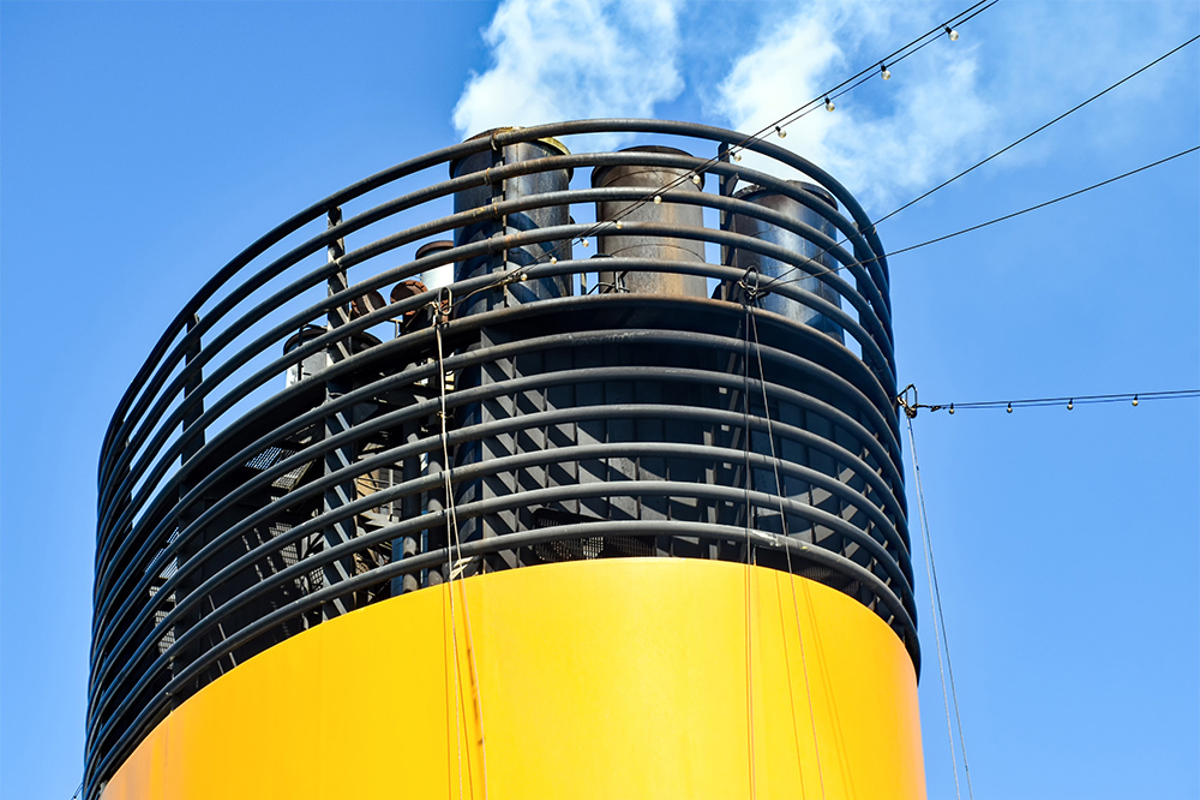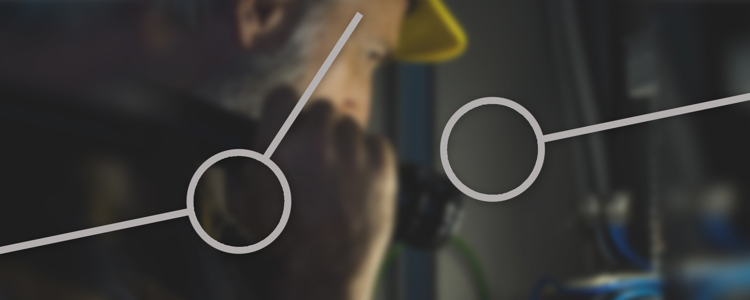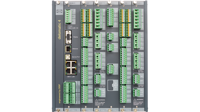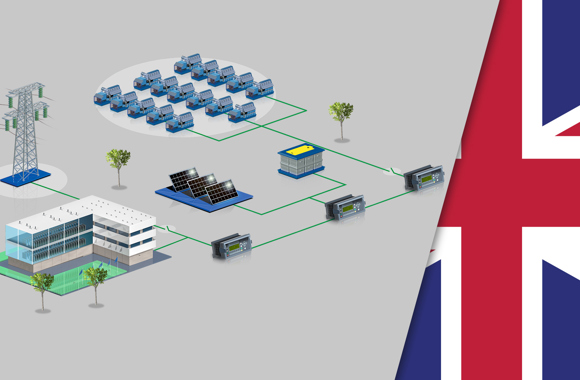Got enough power for running your scrubber?
The new IMO sulphur regulations force all shipowners to reduce sulphur oxide (SOx) emissions from all types of vessels. Open loop, closed loop, and hybrid scrubbers are a widely accepted solution for achieving this, but they consume a lot of power which can lead to power issues on board. With an intelligent power management system (PMS), you can fine-tune your vessel’s load profile to accommodate the extra demand and also save fuel, reduce maintenance, and reduce exhaust emissions.
As of 1 January 2020, IMO regulations dictate that ships of any type and size are not allowed to emit more than 0.50% m/m (mass by mass) sulphur; inside emission control areas (ECAs) established by the IMO, the emission limit is unchanged at 0.10% m/m. The new regulations force shipowners and operators to look for ways to reduce sulphur emissions. This can be achieved by running on fuel with low sulphur content or alternative fuels, but as such fuels are more costly than heavy marine fuel, a more economical solution is often required. One such solution is the use of exhaust gas cleaning systems, often referred to as scrubbers.
Scrubbers: an efficient but power-hungry solution
Scrubbers are accepted by many flag states as a viable solution for removing SOx from ship engine exhaust gases. However, scrubber systems often require significant amounts of power. A typical open-loop scrubber may for example require 300 kW of power, and on a vessel with a total shipboard generation capacity of 2.5 MW, this means that the total load rises by a significant percentage of the total available power. This can have several consequences for the operation of the ship:
- As the power system detects the increased load, it will react accordingly by increasing genset operation (cranking more gensets, and having them run for longer). This increases fuel consumption and may often result in several gensets running at low loads even when they are not needed, which (along with frequent start and stop operations) is inefficient and can increase wear and tear on the gensets.
- More importantly, if power demand outstrips supply, this may result in blackouts which can have serious consequences for the ship and crew.
The onboard power system must be able to accommodate the scrubber, and one way of doing this is to use an intelligent power management system, or PMS.

Optimising onboard loads with a PMS
Using a PMS, you can optimise the load profiles for your vessel to incorporate the extra load. One simple way of doing this is to change the predefined threshold levels for starting and stopping gensets so that the system does not immediately bring extra power online because the load has increased by a few percent. This reduces genset running hours.
Intelligent PMSes, however, also allow you to optimise the onboard loads by providing an overview of consumers and indicating which ones are using too much power. You can thus identify heavy consumers and replace them with more energy-efficient solutions. As an example, if you have an oversized onboard compressor that starts once every fifteen minutes to produce working air, you can achieve significant energy savings by replacing it with a smaller one, even if the smaller unit runs more frequently. Pumps are sometimes oversized, too, and by replacing them with smaller units, you can once again reduce the total load. Intelligent PMSes also perform other functions such as tripping non-essential loads in emergency situations.
Benefits from using a PMS
When you reduce the total load, you free up the extra power required by the scrubber system, but you get a number of other benefits as well: Reduced genset running hours translates into lower fuel consumption and less genset maintenance. And when your vessel consumes less fuel, it also produces fewer SOx emissions, reducing the need for using the scrubber system.
There are many issues to consider when selecting a scrubber system, for example scrubber type, installation requirements, travel routes, and regulations by local authorities. Read more in this article. But whichever scrubber type and brand you select, you need to make sure that you have the power to run it. Interfacing with an intelligent PMS is a great way of accommodating a scrubber unit on board, and it can provide additional benefits as well.








